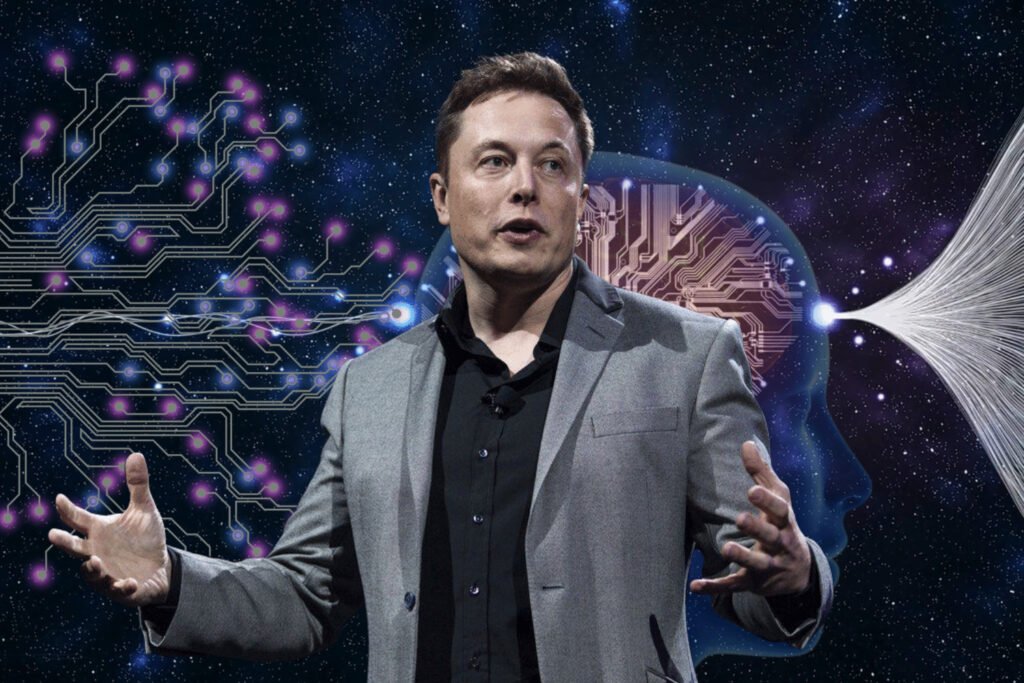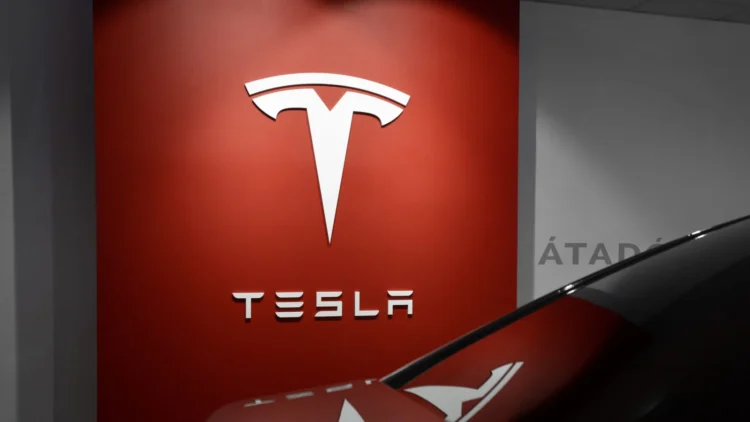Tesla’s journey to enter the Indian market has been a saga of persistence and negotiation. For years, the company has faced significant hurdles, primarily due to India’s steep 70% import tariff on fully built vehicles. This high duty has made it challenging for Tesla to offer competitive pricing, a concern echoed by Tesla’s CFO, Vaibhav Taneja, in earlier statements about carefully planning market entry. Despite these challenges, Tesla has moved forward, with a significant milestone achieved in March 2025 when it signed a lease deal for its first showroom in Mumbai’s Bandra Kurla Complex. This step, coupled with active recruitment and scouting for additional showroom locations in Mumbai and New Delhi, signals Tesla’s serious commitment to establishing a foothold in India.
The company’s efforts were further highlighted by a meeting between Tesla CEO Elon Musk and Indian Prime Minister Narendra Modi on February 13, 2025, in Washington, DC, where they discussed collaboration in technology and innovation. This high-level engagement underscores the strategic importance of India for Tesla and the Indian government’s interest in attracting global EV players to bolster its domestic market.

Details of the Mumbai Showroom
Located at the prestigious Maker Maxity Mall in Mumbai’s Bandra Kurla Complex, the Tesla Experience Center is designed to be more than just a showroom. It aims to provide an immersive experience where customers can explore Tesla’s electric vehicles, interact with cutting-edge technology, and learn about the brand’s commitment to sustainable transportation. The centerpiece of the showroom will be the Tesla Model Y, imported from the company’s Shanghai factory. The launch event, scheduled for July 15, 2025, is expected to last 1.5 hours and will likely include demonstrations of Tesla’s vehicles and possibly announcements about future plans in India.
The choice of Bandra Kurla Complex, a premier business district, reflects Tesla’s strategy to target affluent consumers in India’s financial capital. The Experience Center is poised to become a hub for EV enthusiasts, offering a glimpse into Tesla’s vision for the future of mobility.
Imported Vehicles and Pricing
Tesla has imported six Model Y vehicles for the Indian market, with five standard models priced at approximately $32,500 each and one long-range model at $46,000. These vehicles were declared at around Rs 2.77 million each, but India’s 70% import tariff adds over Rs 2.1 million per unit, pushing the expected ex-showroom price to around Rs 50 lakh. This high cost, nearly double the price in markets like the US, may limit Tesla’s initial market penetration to a niche, premium segment.
In addition to vehicles, Tesla has imported several Superchargers, indicating plans to support its vehicles with charging infrastructure, a critical factor for EV adoption in India. The total import value for cars and merchandise from January to June 2025 is reported at $1 million, primarily from China and the United States.
| Item | Details |
|---|---|
| Vehicles Imported | Six Tesla Model Y (5 standard at $32,500 each, 1 long-range at $46,000) |
| Declared Value | Approx. Rs 2.77 million per unit |
| Import Duty | Over Rs 2.1 million per unit (70% tariff) |
| Ex-Showroom Price | Approx. Rs 50 lakh |
| Additional Imports | Several Superchargers |
| Import Origins | Mainly China and the United States |
| Total Import Value | $1 million (Jan-Jun 2025) |
Tesla’s Strategy in India
Tesla’s current strategy in India focuses on retail operations rather than local manufacturing. Union Minister for Heavy Industries HD Kumaraswamy has stated that Tesla is “not interested” in setting up a manufacturing facility in India at this stage, opting instead to import vehicles from its factories in Shanghai, China, and Berlin, Germany. This approach allows Tesla to test the Indian market without the significant investment required for local production.
However, the Indian government is keen to attract Tesla’s manufacturing capabilities, offering incentives such as a reduced import duty of 15% for companies investing $500 million in local manufacturing. This policy aims to foster a robust EV ecosystem and reduce India’s reliance on oil imports. Despite these incentives, Tesla’s cautious approach suggests a focus on establishing brand presence and gauging consumer demand before committing to larger investments.
Recruitment and Future Plans
To support its India launch, Tesla has been actively recruiting for various roles, including advisors, security personnel, vehicle operators for Autopilot data collection, and service technicians in Mumbai. The company is also seeking store managers in New Delhi, hinting at plans for a second showroom in the national capital. These recruitment efforts, advertised on LinkedIn, indicate Tesla’s intent to build a robust operational framework in India.
Additionally, Tesla has leased 24,565 square feet of warehousing space in Lodha Logistics Park, Mumbai, for five years, likely to store vehicles and parts. These steps suggest a long-term commitment to the Indian market, even if manufacturing plans remain on hold.
The Indian EV Market
India’s electric vehicle market is experiencing rapid growth, driven by government incentives, increasing environmental awareness, and technological advancements. The government has set an ambitious target of 30% EV adoption by 2030, supported by policies and subsidies to promote manufacturing and adoption. However, challenges such as high initial costs, limited charging infrastructure, and range anxiety persist, making Tesla’s entry a potential game-changer.
Tesla’s advanced technology and Superchargers could help address infrastructure gaps, encouraging broader EV adoption. The company’s presence is also likely to intensify competition with local players like Tata Motors and international rivals like BYD, pushing the industry to innovate and improve offerings.
Market Impact and Consumer Reaction
Tesla’s entry is expected to significantly influence India’s EV landscape. The company’s reputation for innovation and quality could attract a new segment of consumers, particularly those seeking premium, eco-friendly vehicles. However, the high pricing due to import duties may limit its appeal to affluent buyers initially, sparking mixed reactions. While many Indian consumers are excited about the prospect of owning a Tesla, others are concerned about the steep costs, which could make the vehicles less accessible.
Despite these challenges, Tesla’s presence is likely to accelerate EV adoption in India, putting pressure on local manufacturers to enhance their offerings and prompting investments in charging infrastructure. The company’s entry could also inspire policy discussions around import duties and local manufacturing incentives, shaping the future of India’s EV ecosystem.
Tesla’s Global Strategy
Tesla’s decision to enter India aligns with its broader global strategy to expand into emerging markets with significant growth potential. The company has successfully established a strong presence in markets like China, where it operates a Gigafactory, and is now looking to replicate this success in India. However, unlike China, where Tesla quickly set up local manufacturing, its approach in India is more cautious, starting with retail operations to test market dynamics.
This strategy reflects the complexities of the Indian market, including high import duties and regulatory hurdles. Nevertheless, Tesla’s entry is a positive step for India’s EV market, signaling a commitment to sustainable transportation and potentially paving the way for future investments.
You Learn
Tesla’s opening of its first showroom in Mumbai on July 15, 2025, marks a significant milestone in its global expansion. While challenges like high import duties and the absence of local manufacturing plans remain, Tesla’s entry into India is a positive development for the country’s EV market. By bringing advanced technology and a premium brand experience, Tesla is poised to inspire both consumers and competitors, contributing to a more sustainable future in one of the world’s largest automotive markets.
(India CSR)





